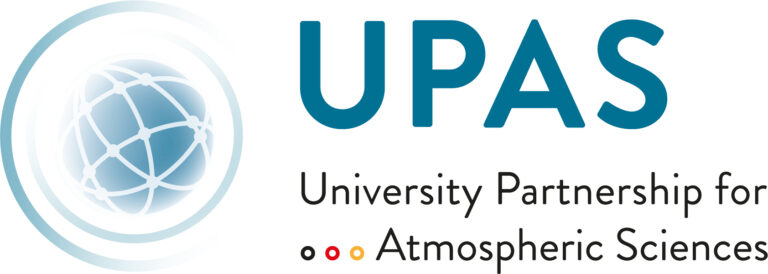Physics in particular finds an exciting area of application in meteorology. It can be used to explain weather conditions, cloud formation and weather phenomena, with classical mechanics or optics and thermodynamics becoming relevant.
Mathematics for understanding systems of equations is of course an important foundation in scientific subjects. In the area of climate, statistics are also an important component for evaluating data and estimating possible future conditions. Climate could be chosen as an application example in class.
Chemical applications in meteorology are particularly evident in trace gases, which have a decisive influence on the earth’s energy balance. Chemical reactions take place to form them. Biological processes, such as material cycles or phenology, are also linked to meteorology.
In geography and other social science subjects in which global warming and extreme weather events may already be part of the curriculum, the connection between science and politics can be achieved by reflecting and using data to argue and discuss. The connection between scientific findings and presentation or action in society can be directly applied to these topics.
The evaluation and modeling of data falls into the area of computer science. For example, the German Weather Service has large data series that go back far into the past and contain measurement data from various meteorological variables. These can be used to identify and discuss long-term trends. In addition, all weather and climate forecast models are of course very extensive programs that are written in different programming languages.
School subjects not yet mentioned, in the areas of languages, fine arts and music, often offer the space to evaluate and shed light on more controversial topics, which can of course be found in the areas of meteorology and climate.



